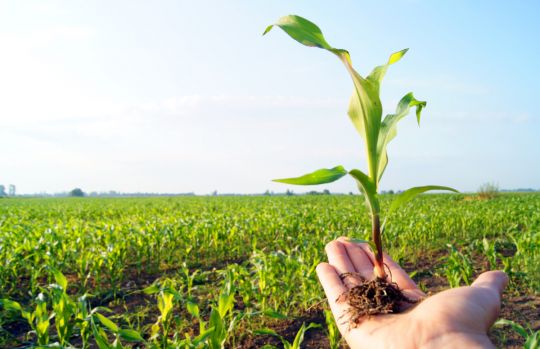ISLAMABAD: Pakistan Council of Research in Water Resources (PCRWR) has introduced a project to bring the abandoned land under cultivation and provide a suitable environment for the seed germination and subsequent crop growth.
The other basic objective of the project called ‘On-Farm Tile Drainage’ is to reuse the drainage effluent and blending fresh canal water to reduce disposal problems for reclaiming saline and sodic soils by using different amendments.
PCRWR Chairman Dr Muhammad Ashraf told APP that the council has recovered 1,000 hectares of abandoned land for production through this new technology.
“Under this programme, 1,000 hectares of abandoned farmers land was recovered for production while the replication of this concept to other parts of Sindh would help reclaim a thousand acres of unproductive land, besides sustaining the system on a long-term basis,” he said.
He informed that the three-year (2017-2020) development project is being implemented in the neglected waterlogged, saline and low-lying areas of the old river bed in the Sindh. These old river beds are naturally low lying areas which are located on both sides of River Indus, comprising of thousands of hectares of agricultural wasteland, he informed.
Mostly, land of the old river bed is uncultivated or only cultivated in Kharif season being low lying, having severe waterlogging and salinity problems, the chairman said. He added that the high water table associated with the buildup of soil salinity has converted the productive land into wasteland especially in these typical areas.
This project will cover the districts of Shaheed Benazirabad and Sanghar or other areas where agricultural land is seriously affected by water logging and salinity, he continued.
Elaborating the objectives of the projects, he said that it would help integrate drainage and water management concept among landowners to control the water table and reclaim saline lands.
It will also be beneficial to develop research and demonstration tile drainage unit at two sites of 100 acres each under different soil conditions with the participation of farmers, Dr Muhammad Ashraf said.
The chairman further said that the implementation of this project would help it also control water table and salinity which would provide an opportunity to farmers for changing cropping pattern and increase annual income.




